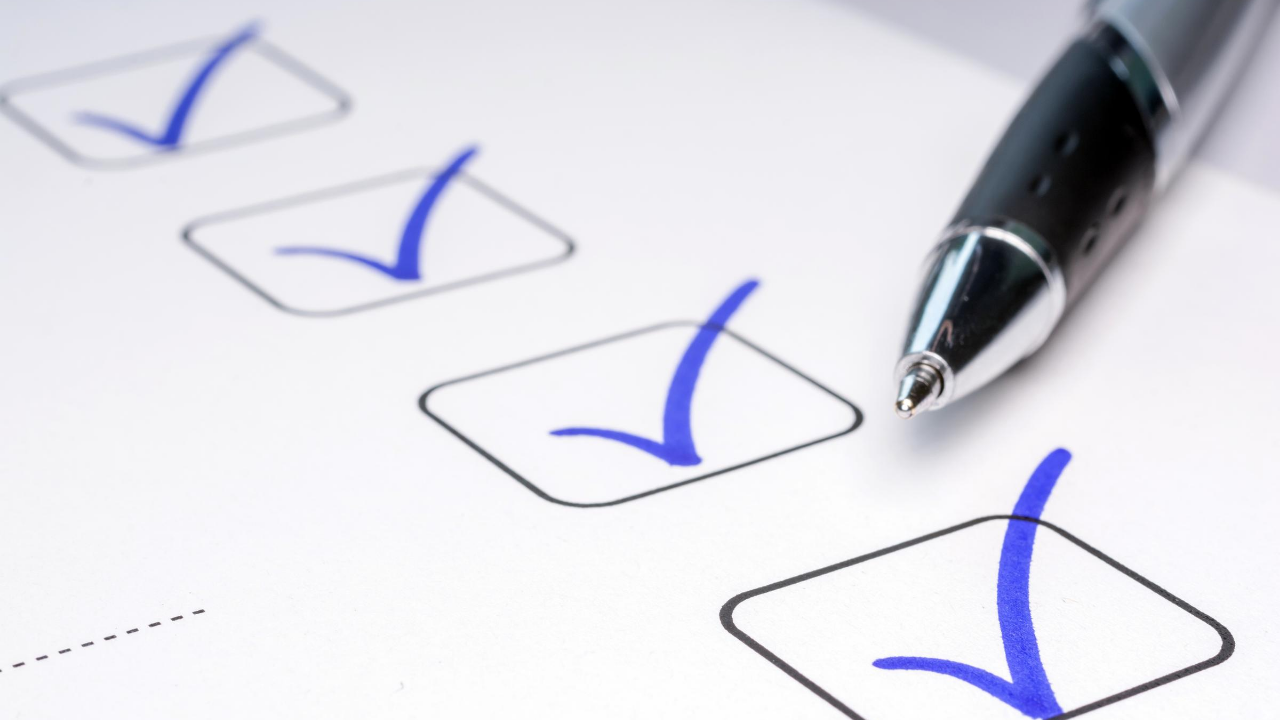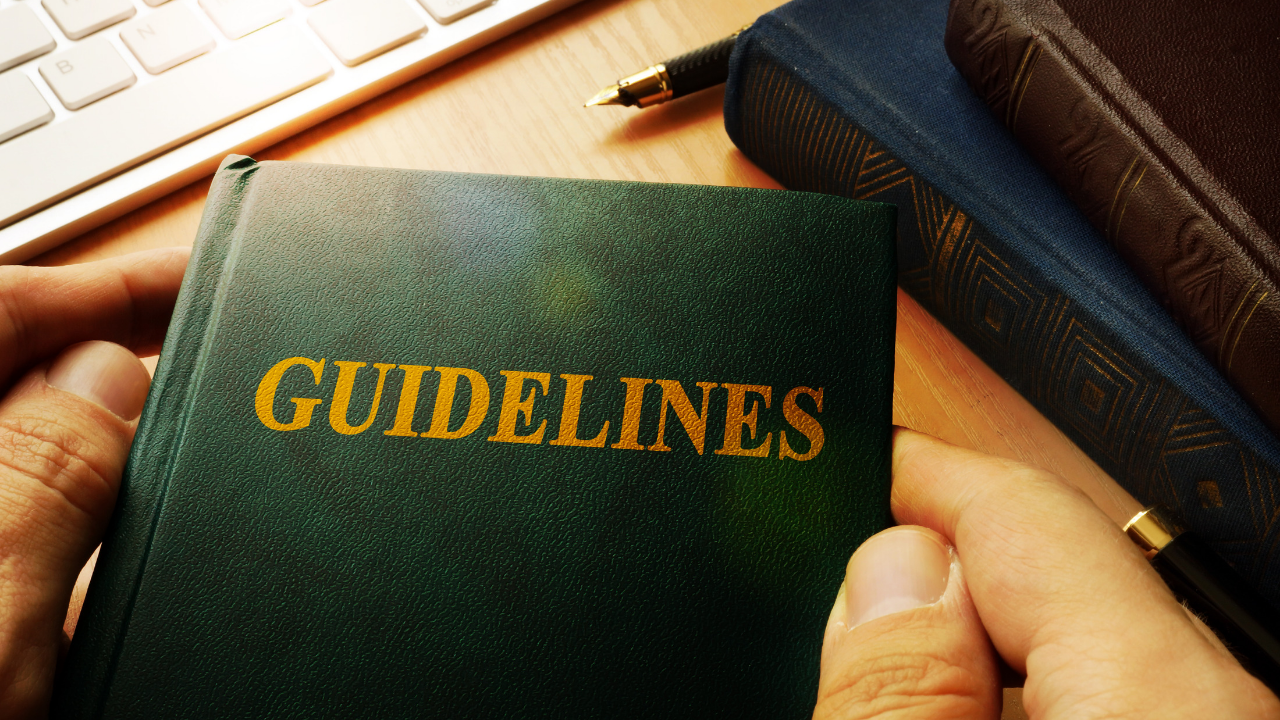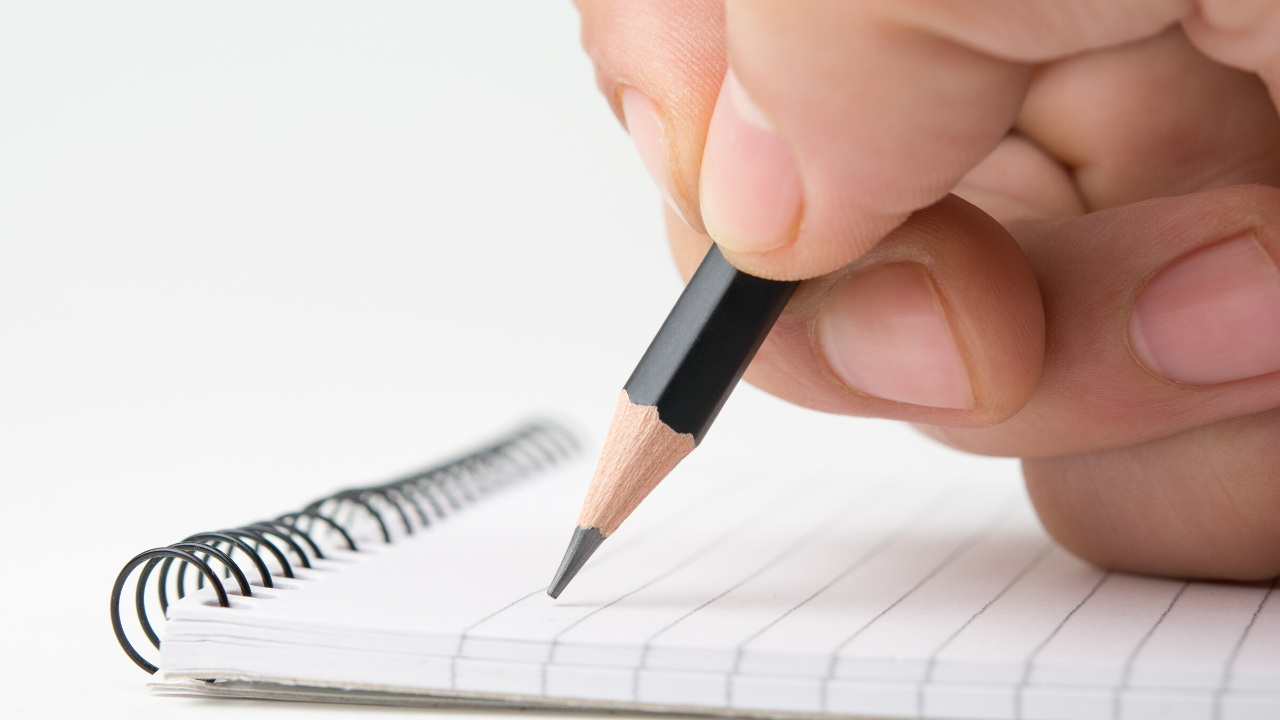Homeopathy Tips Newsletter
Recognizing the Ripple

When we give a remedy, we expect that a person will get better and the path to wellness is easy and straight forward. But nothing could be further from the truth. During healing, we often have the expected aggravation but there are other moments that will come up that do not fall into the aggravation description but need to be understood.
There is no cure without an aggravation. Most homeopaths have come to accept and expect to see this. There are a lot of ways to recognize the healing by aggravation and amelioration. Sometimes these are very clearly presented by the person. There are other less noticeable forces that also work to bring about change and they do not fall into the class of aggravation but need to be understood also.
When a remedy is given and is recognized by the vital force a wave of energy is initiated. This energy usually is accompanied by amelioration of the presenting symptoms and an upsurge in energy. The person will usually report they are feeling better even if...
Intercurrent Remedies

Intercurrent remedies are remedies used with a particular intention to help open up or clear a confusing case. Sometimes in the course of treatment, a case may stall even with the best-selected remedies. At times like this, intercurrent remedies can be helpful.
I find that the most common application for giving an intercurrent remedy is for when a case has become confused, either by giving too many remedies or there has been too much suppression from allopathic drugs. At times like this, giving an intercurrent remedy can be helpful. The case can then be better defined. New expressions of old symptoms can appear and it becomes easier to "see the case."
When a case has had good movement and then seemingly stalls, most often it is an issue of potency. But sometimes it is that the remedy has stopped working and any potency does not seem to help. At a time when the movement has stopped, giving an intercurrent remedy can be helpful.
At other times, an intercurrent remedy may be given to o...
Potency and Dosing

There are as many different ways to apply the potency and the dose in homeopathy as there are suffering people and homeopaths. Each homeopath has their own way they have either developed or been taught. The first rule that is universal to any correct prescription is to let the client tell you what you need to know to make a decision about potency and dosing. If you do not do this and there is a strict protocol you follow, then the beauty of the prescription will be lost. This is more akin to an allopathic approach and the likelihood of successful treatment will wane.
This requires the homeopath to be equally as observant of the client when determining the potency and dosage as when determining the remedy. Here are a few of the ideas I keep in mind when determining the potency and the dosage of the remedy.
The first question is, "Am I giving the remedy based on an acute expression or based on the current expression in relation to a chronic condition?" As always, we want to look to the...
Dealing With One-Sided Cases

Last week, we discussed two-rubric prescribing and the confusion in cases with many rubrics leading to many remedies. This week, let's dive into one-sided cases, some of the most difficult cases that come to homeopaths, the ones with very few symptoms. Hahnemann recognized this also and wrote about it in the Organon in Aphorisms 172 through 184. He described these cases as one-sided and are less amenable to cure. Let’s review each of the Aphorisms and really understand what he was sharing with us.
These Aphorisms are in common language and not from any translation. They are simple explanations of the content in layman's terms.
- Aphorism 172 – In reference to the cure of cases, Hahnemann recognized that some difficult cases are those with too few symptoms. In his described methods for removal of disease in previous Aphorisms, he told of the importance of the whole person and understanding the multitude of symptoms. But when there are few symptoms, the system for cure changes.
- Aphori...
Two Rubric Prescribing

When receiving a case, we often are given a lot of seemingly valuable information. As the person tells their story, we can end up with dozens of different symptoms that can be repertized. This can be an overwhelming amount of information, especially if repertizing by using books. With modern computer repertizing programs, it is easy to enter all of these symptoms and get many suggestions for remedies.
When we have a case that has so many rubrics, it will often leave us more confused. If we have chosen rubrics that have hundreds of different remedies under them, having to sift through so many remedy choices can be a daunting task. Often, we can narrow the list of possibilities down to six remedies or so if we have good knowledge of Materia Medica.
But when we have so many rubrics leading to so many remedies, we can miss the most vital part of the case. Most often Sulphur and the other leading polycrest remedies will be the most indicated. In the end, this will not lead to good remedy ...
Homeopathy for Migraines

Migraine headaches are a common form of headaches but unique in their character and usually of a more violent nature. Allopathic medication is the standard treatment but homeopathy offers many remedies that can help not only the headache but help a person to remove the tendency to migraines as well.
There are two basic types of migraine headaches:
1. Those with a visual aura or disturbance preceding the onset of pain.
2. Those without the visual disturbances.
Common to both of these types of migraines are nausea (sometimes with vomiting) and photophobia. Migraine headaches with aura are defined by the International Headache Society as at least 2 attacks that are unrelated to organic disease with at least one reversible aura symptom indicating cerebral cortical or brain-stem dysfunction lasting more than 60 minutes. The headache pain may precede, be concurrent with, or follow within 60 minutes of the aura.
The IHS defines migraine headache without aura as happening with at least 5...
How to Properly Handle Homeopathic Remedies

Homeopathic remedies are potentized energetic solutions either administered through drops or medicated to milk sugar pellets. They must be handled appropriately for them to maintain their energy and effectiveness. If a remedy is stored properly, it can remain potent and effective for many decades.
Remedies are sensitive to strong sunlight and should be stored in a dark glass bottle out of direct sunlight. Under normal room lighting, they can remain unaffected. Try to avoid opening the bottle and taking remedies in direct sunlight. Always close the bottle tightly after use. Because the remedies are energetic, they need to be protected from other energetic sources.
Remedies should not be stored anywhere near strong electromagnetic fields, x-rays, or microwave radiations. These can affect a remedy through the bottle. Keep remedies at least one foot from all electrical cords or small appliances such as lights. Appliances such as microwave ovens should be avoided and the remedy stored at ...
Guidelines For Symptom Selection

The initial consultation is very important. The client comes with a big story of their suffering and their life. How we understand this as a homeopath is most important. We can only know the true portrait of their dis-ease by the symptoms they have. These can be objective as in physical observations or subjective as in the way a certain malady feels to the client. The most important task the homeopath has is to understand what is asking to be healed. Without symptoms, we could never know.
To understand symptoms, we must understand the difference between health and dis-ease. Without comparison, we could never perceive the most appropriate symptoms to select rubrics during repertization. One of the biggest mistakes in this process happens with the selection of common traits of a person that has aspects of the dis-ease but does not fully reflect what is asking to be healed. An example is a person who worries about their children. This is very common and may not be reflective of the core ...
4 Common Prejudices to Avoid in Case-Receiving

The most common pitfall in homeopathy is prejudice. This is prejudice on the part of the homeopath whose pitfall is not seeing the case clearly because of ideas in his/her mind that are not of the essence of the case. Let’s examine the roots of this prejudice and what it means.
First, the definition of prejudice; according to Merriam-Webster’s dictionary, prejudice is "an opinion made without adequate basis. To damage by a judgement or action. To judge before full hearing or examination."
Hahnemann spoke of the unprejudiced observer in Aphorism 6 of the Organon of Medicine: "The unprejudiced observer well aware of the futility of transcendental speculations which can receive no confirmation from experience be his powers of penetration ever so great, takes note of nothing in every individual disease, except the changes in the health of the body and of the mind (morbid phenomena, accidents, symptoms) which can be perceived externally by means of the senses; that is to say, he notices o...
The Process of Illness: Part 2

Last week, in Part 1 of diving into the process of illness, we learned that the illness is the perfect solution to the conflict. If the conflict cannot easily be expressed and resolved, it gets imprinted. Healing is about coming to solutions and doing something about it. When the situation has changed, the biological invariant programming can turn off and normalcy can begin to be reestablished. True healing does not come from outside of the individual. It always comes from the individual. Any individual who expects healing to come from someone else usually remains ill. The best solution to any conflict is to transcend it. Love, acceptance, and inspired change are the hallmarks of true healing. The homeopathic remedy does nothing other than inspire the vital force. Once the vital force is in response to the remedy deeper healing and inspired solutions flow.
There are two phases of disease; the conflict phase and the healing phase. The conflict phase begins with deep stress or shock and...

